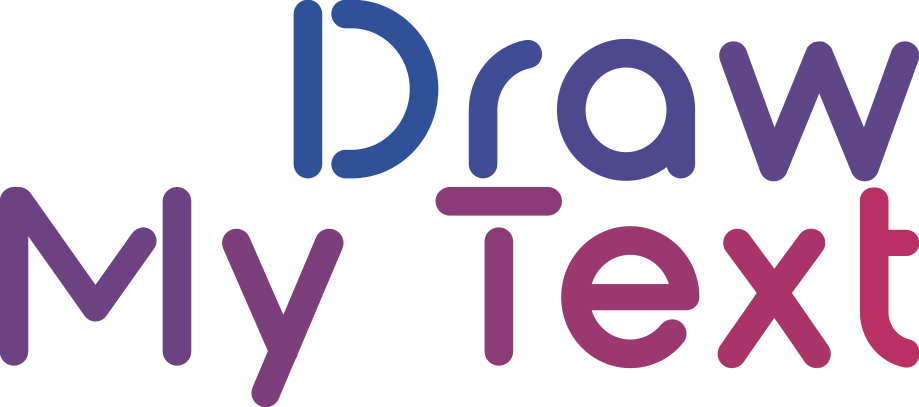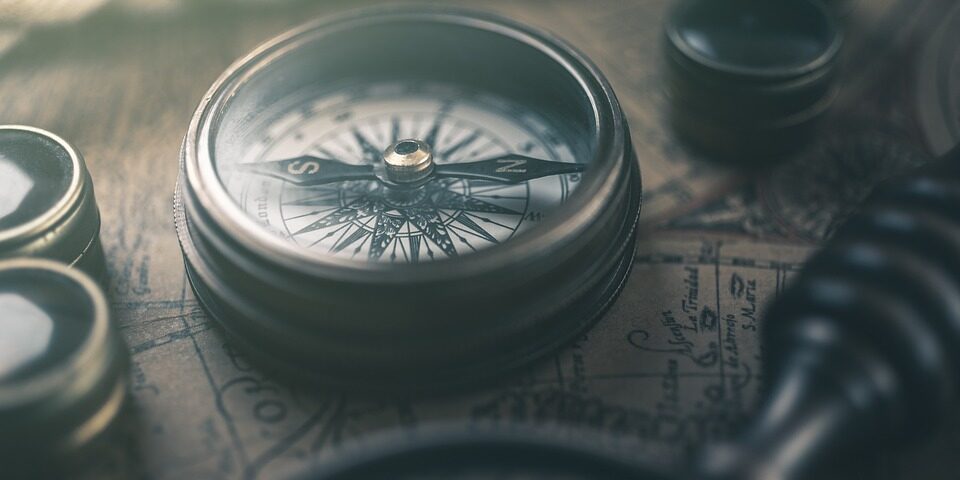
Navigating the Risks and Rewards of Generative AI Startup Investments
January 6, 2024
Demystifying Generative AI: What You Need to Know
January 6, 2024Hello, dear readers! 😊 I’m excited to take you on a journey through the fascinating and sometimes perplexing world of generative AI and its intersection with intellectual property (IP) law. The rapid advancements in technology are reshaping industries and challenging our conventional understanding of creativity and ownership. Let’s unravel these intricacies together!
Understanding the Landscape of Generative AI and Intellectual Property
Generative AI, often referred to as creative AI, has brought about a revolution in the way content is produced. From text to images, music, and beyond, artificial intelligence is now capable of generating work that rivals human creativity (or does it?). But with great power comes great responsibility… and legal grey areas.
One of the key issues at the heart of this revolution is the question of IP rights. Traditional IP rights are designed to protect human creators, but can an AI really ‘own’ its creations? And what happens when AI-generated content is derived from works made by humans? What we’re seeing is an intellectual tug-of-war between innovation and regulation.
As an expert in AI and machine learning, I’ve witnessed the rise of generative AI up close. Just as the printing press once revolutionized the spread of information, generative AI is redefining the boundaries of creation. It challenges us to rethink who — or what — can be a creator.
Actual Cases of Navigating Intellectual Property Challenges in the Era of Generative AI
Real-world cases are already testing the waters of IP law. Take, for example, the case of AI-generated artwork “selling” for staggering sums at auction houses. Who’s the rightful owner: the AI, the programmer, or perhaps the original artists whose styles were ‘learned’ by the machine?
To navigate the ambiguities, we are already seeing calls for legislative reforms. Patents for inventions by AI systems have been debated in courts around the world, with decisions spanning the spectrum from acceptance to outright rejection. These precedents will shape the future of generative AI and IP rights. For further reading on AI and patent law, have a look at this article.
Staying informed on these developments is crucial for anyone working with generative AI. Intellectual property rights can have profound implications on innovation and competition in every field. If you’re an innovator, inventor, or creator leveraging generative AI, you’ll want to keep a keen eye on this evolving legal landscape.
Protecting Your Creations: Generative AI and Intellectual Property Strategies
While the legal system catches up with technological innovation, there are strategies to protect your generative AI creations. For instance, understanding the nuances of IP policy and existing copyright laws can help you navigate potential pitfalls. This is not just about safeguarding your work but also respecting the IP of others that your AI might implicitly utilize.
An essential part of this equation is transparency – being clear about how your AI creates its output. As creators using these powerful tools, we must be aware of the ‘ingredients’ we feed our AI. Is the training data IP-protected? If so, proper licensing needs to be in place to avoid legal complications. Just like a recipe requires the right inputs for a delightful dish, generative AI requires the right, legally-cleared data to produce IP-trouble-free outputs.
With proper understanding and application of IP laws, we can continue to foster an environment where both human and artificial creativity flourishes. As we advance, so must our grasp of the legal frameworks that support ethical and progressive innovation.
If you’re eager to explore the capabilities of generative AI for text-to-image generation, don’t miss the opportunity to try our platform, DrawMyText. With flexible pricing plans and avant-garde features, it’s the perfect gateway to witnessing AI-powered creativity in action. Embark on a journey of visual discovery and add a flair of AI magic to your projects!
FAQs on Navigating Intellectual Property Challenges in the Era of Generative AI
Can AI-generated works be copyrighted?
As of now, most jurisdictions require a human author for copyright protection. However, this area of law is evolving, and debates are ongoing about whether AI-generated works, wherein the AI operates with a significant level of autonomy, should be granted copyright.
Who owns the IP of content created by AI?
Typically, the ownership is attributed to the human operator or organization behind the AI. Intellectual property laws have yet to catch up with the current capabilities of AI, meaning discussions and potential legislative changes will be instrumental in defining future ownership.
Can AI infringe on intellectual property?
Yes, AI can potentially infringe on IP if it produces output that is substantially similar to copyrighted works or violates patents and trademarks, particularly when utilizing datasets that contain protected materials without appropriate licenses.
How can I protect my AI-generated inventions?
To protect your inventions, you should consider traditional IP protections like patents and trade secrets, depending on the nature of the invention and your business strategy. Consulting with an IP attorney familiar with the AI space is highly advisable.
Is there a licensing model for using copyrighted works to train AI?
Licensing models do exist for using copyrighted material in training datasets. It’s essential to secure the proper licenses to use copyrighted works legally. Creative Commons licenses, for instance, often allow for the use of copyrighted material under certain conditions.
Keywords and related intents:
### Keywords:
1. Generative AI
2. Intellectual Property (IP) Law
3. Creativity
4. Ownership
5. AI-generated content
6. IP rights
7. IP policy
8. Copyright
9. AI inventions
10. Licensing models
### Search Intents:
1. What is generative AI in relation to creative content?
2. How does intellectual property law apply to AI-generated works?
3. Are there existing legal frameworks for AI and creativity ownership?
4. Challenges of AI in producing content with respect to IP rights.
5. Case studies of AI-generated artwork and IP ownership disputes.
6. The future of patents for AI-generated inventions.
7. Strategies for protecting creations made by generative AI.
8. Understanding IP policy for generative AI use.
9. The legality of AI using copyrighted material in training datasets.
10. Existence and application of licensing models for AI training data.
#Generative AI and Intellectual Property
#Navigating #Intellectual #Property #Challenges #Era #Generative


